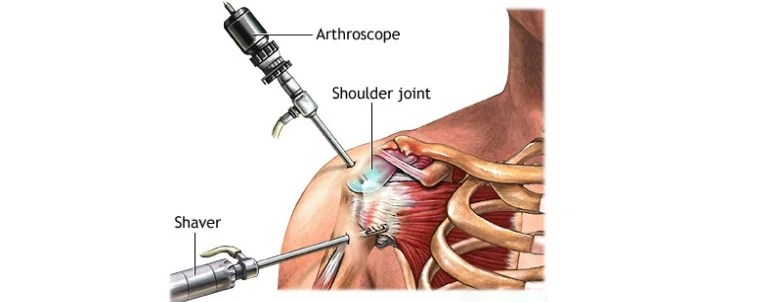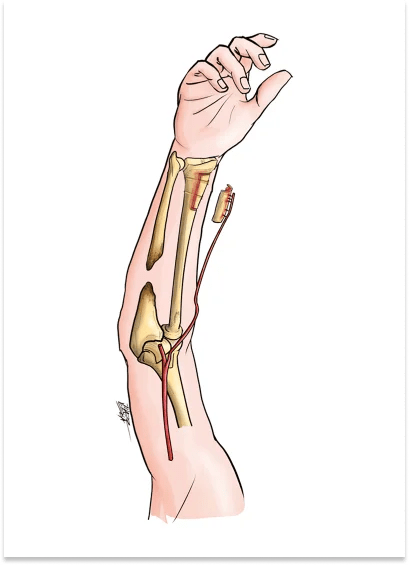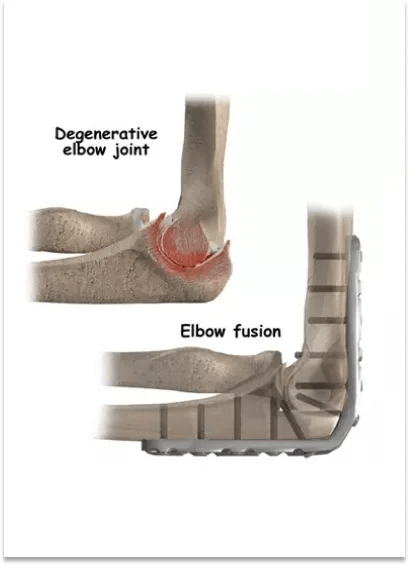Specialised Elbow Surgery for Fracture and Joint Reconstruction in Hyderabad
Elbow fractures
Elbow fractures can occur due to falls, twisting injuries or blunt force trauma. Elbow fractures can be addressed with surgical or non-surgical treatments, depending on the severity of the break.

Reasons for Surgery

Conditions Treated

Chronic elbow instability
Recurrent dislocations or subluxations due to ligament tears.
Ulnar collateral ligament (UCL) injuries
Tears of the ligament crucial for elbow stability.


Post-traumatic arthritis
Arthritis developing after an elbow fracture or injury.
Non-union fractures
Elbow fractures that haven’t healed properly after months of treatment.


Bone defects
Loss of bone tissue requiring reconstruction for joint stability and function.
Types of Shoulder Arthroscopic Surgery

Ligament reconstruction
Replacing torn ligaments with grafts from other tissues to restore stability.

Bone grafting
Using bone grafts to fill bone defects and promote healing.

Osteotomy
Cutting and repositioning bones to correct deformities and improve joint alignment.

Joint resurfacing
Replacing damaged cartilage surfaces with artificial materials to reduce pain and improve movement.

Arthrodesis
(joint fusion)
Fusing the bones of the elbow joint to eliminate pain and provide stability for severe cases.
The Surgery Process
Recovery

